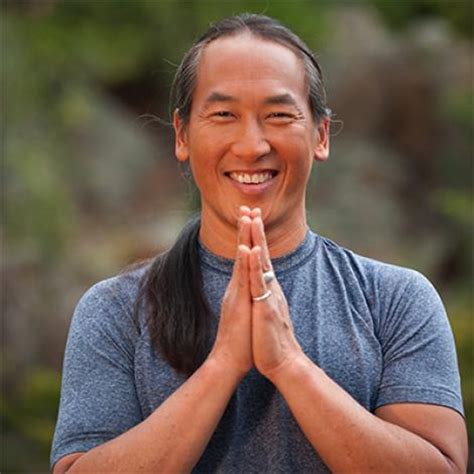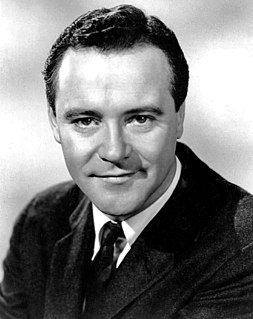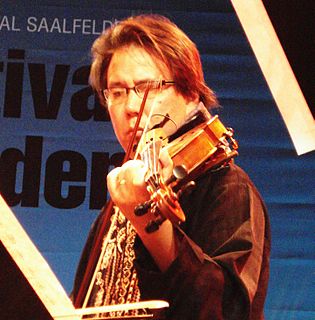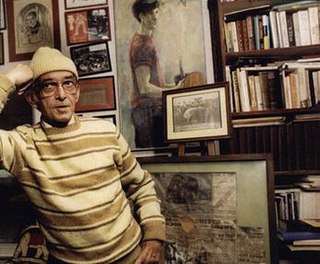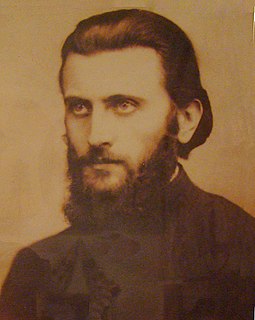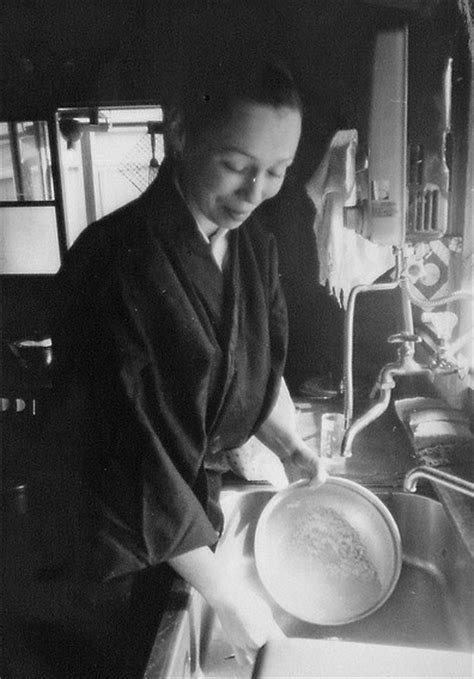A Quote by Nhat Hanh
You can practice deep listening in order to relieve the suffering in us, and in the other person. That kind of listening is described as compassionate listening. You listen only for the purpose of relieving suffering in the other person.
Related Quotes
Deep listening is the kind of listening that can help relieve the suffering of another person. You can call it compassionate listening. You listen with only one purpose: to help him or her to empty his heart. Even if he says things that are full of wrong perceptions, full of bitterness, you are still capable of continuing to listen with compassion. Because you know that listening like that, you give that person a chance to suffer less.
Listening is a very deep practice. You have to empty yourself. You have to leave space in order to listen especially to people we think are our enemies - the ones we believe are making our situation worse. When you have shown your capacity for listening and understanding, the other person will begin to listen to you, and you have a change to tell him or her of your pain, and it's your turn to be healed. This is the practice of peace.
The difference between listening and pretending to listen, I discovered, is enormous. One is fluid, the other is rigid. One is alive, the other is stuffed. Eventually, I found a radical way of thinking about listening. Real listening is a willingness to let the other person change you. When I’m willing to let them change me, something happens between us that’s more interesting than a pair of dueling monologues.
Become better listeners. Practice the art of listening in everything you do. Not just listening to yourself and your body, but listening to the people around you, listening to the plant world, the animal world. Really open your ears to what's coming at you. From there, see if you can have the ability to respond instead of react. And that usually comes with listening. If the observation and the listening are deep, then your action will be deep also.
Acting doesn't have anything to do with listening to the words. We never really listen, in general conversation, to what the other person is saying. We listen to what they mean. And what they mean is often quite apart from the words. When you see a scene between two actors that goes really well you can be sure they're not listening to each other - they're feeling what the other person is trying to get at. Know what I mean?
Deep Listening is listening in every possible way to everything possible to hear no matter what you are doing. Such intense listening includes the sounds of daily life, of nature, or one's own thoughts as well as musical sounds. Deep Listening represents a heightened state of awareness and connects to all that there is. As a composer I make my music through Deep Listening
When you're listening to music, you listen to it with a friend one day and it sounds one way. You listen to it with another friend the next day, and it sounds a little different. Sometimes the greatest pleasure of listening is not the music that you're listening to; it's the person that you're listening to it with.
Listening is totally different from hearing. Hearing, anybody who is not deaf can do. Listening is a rare art, one of the last arts. Listening means not only hearing with the ears but hearing from the heart, in utter silence, in absolute peace, with no resistance. One has to be vulnerable to listen, and one has to be in deep love to listen. One has to be in utter surrender to listen.
Listening is a rare happening among human beings. You cannot listen to the word another is speaking if you are preoccupied with your appearance, or with impressing the other, or are trying to decide what you are going to say when the other stops talking, or are debating about whether what is being said is true or relevant or agreeable.
Such matters have their place, but only after listening to the word as the word is being uttered.
Listening is a primitive act of love in which a person gives himself to another’s word, making himself accessible and vulnerable to that word.
Listening is the oldest and perhaps the most powerful tool of healing. It is often through the quality of our listening and not the wisdom of our words that we are able to effect the most profound changes in the people around us. When we listen, we offer with our attention an opportunity for wholeness. Our listening creates sanctuary for the homeless parts within the other person. That which has been denied, unloved, devalued by themselves and others. That which is hidden.
More and more I've come to understand that listening is one of the most important things we can do for one another. Whether the other be an adult or a child, our engagement in listening to who that person is can often be our greatest gift. Whether that person is speaking or playing or dancing, building or singing or painting, if we care, we can listen.


